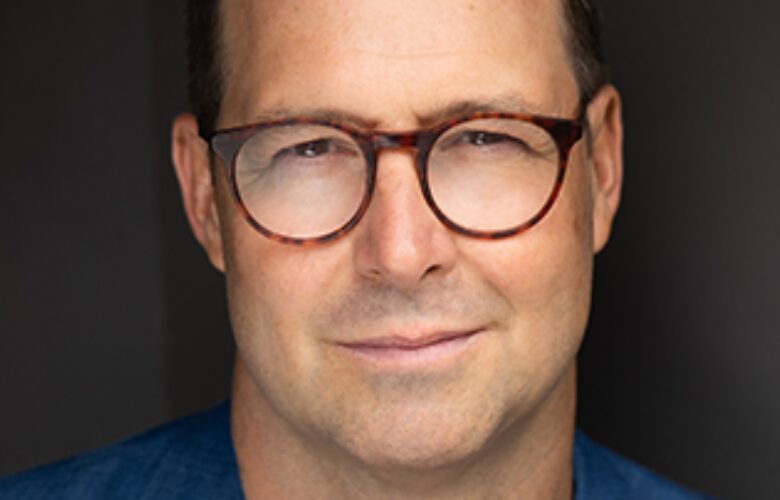Andy Morton, Performer to Director Across Continents – Part 2.

Andy Morton gives a passionate speech about a classical composer while conversing about his 10 years with Opera Australia. He goes into detail about the differences of beinga director and a revival director. He also gives an inside look at what it is like to play some classical roles from the well known show Les Miserables.
Drew Janine:You have played classic roles such as Jean Valjean in Les Miserables as well as been in original casts for shows (Taboo and Jerry Springer). Which would you say is more emotionally and physically demanding, the already established roles or creating new ones?
Andy Morton: Oh, the established ones! So much water under the bridge and a raft of previous exponents to be compared to. New roles are far more exciting. Yours is the first imprint of it on the public conscious and the first is always the deepest.
DJ: During your ten years with Opera Australia you have worked extensively with them as a director and a revival director. What are some differences between the two roles?
AM: Reviving a show is a very underestimated skill. You have the blueprint for the original show – more often than not you will have assisted the original director as the production was put together – but the cast will often be different and you have to work out how you are going to allow them to express themselves in their roles without diminishing the integrity of the original. It’s a balancing act to get it right about what you change and what you adhere to. I haven’t always got it right in the past. When you are the director, the workload is twenty times a revival but twenty times as rewarding. Researching, conceptualising and creating a new production is a fantastic challenge.

Photo from the show Così Fan Tutte
DJ: Mozart is a passionate topic for you. Why do his pieces remain relevant to today?
AM: Mozart was a deeply human artist and loved to explore the flaws in humanity. His portrayals of humanity’s instinctive passions are second to none. To watch Gulgielmo inCosì as he displays arrogance, hubris, rage, betrayal and misery in a madcap 24 hours is a reminder that great art reminds us that we are all fated to share the intense emotions that make life a challenge and a joy.

DJ: Which Mozart piece would you consider to be the most relevant for modern times and would you consider this your favourite piece of his?
AM: Nearly 250 years ago, Beaumarchais wrote a famous speech forThe Marriage of Figaro where he railed against the count’s birthright:“nobility, wealth, rank, high position, such things make you proud. But what did you ever do to earn them? you managed to be born, and nothing more.” Mozart was forced to tone it down in his Figaro but it’s my favourite because despite its hilarity and transcendent musical beauty, it is still fundamentally the same roar of powerless frustration today as it was then. One of the strangest things about Australia is that much of the country is still in thrall to a monarchy whose throne lies 12,000 miles away. It beggars belief.
DJ: What is a fact about Mozart that the majority of people do not know but you think they should?
AM: He was short and rather unbecoming, with a face marked by smallpox, and he was one of the greatest geniuses who ever lived. Music makes its own beauty.
Reed part 1. of the interview here.
All photos provided by: Prudence Upton. Thank you Andy Morton!
Back to Home
Editor's Note: At StageLync, an international platform for the performing arts, we celebrate the diversity of our writers' backgrounds. We recognize and support their choice to use either American or British English in their articles, respecting their individual preferences and origins. This policy allows us to embrace a wide range of linguistic expressions, enriching our content and reflecting the global nature of our community.
🎧 Join us on the StageLync Podcast for inspiring stories from the world of performing arts! Tune in to hear from the creative minds who bring magic to life, both onstage and behind the scenes. 🎙️ 👉 Listen now!
